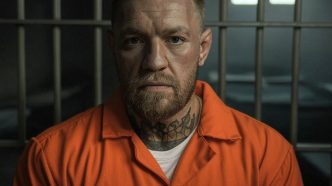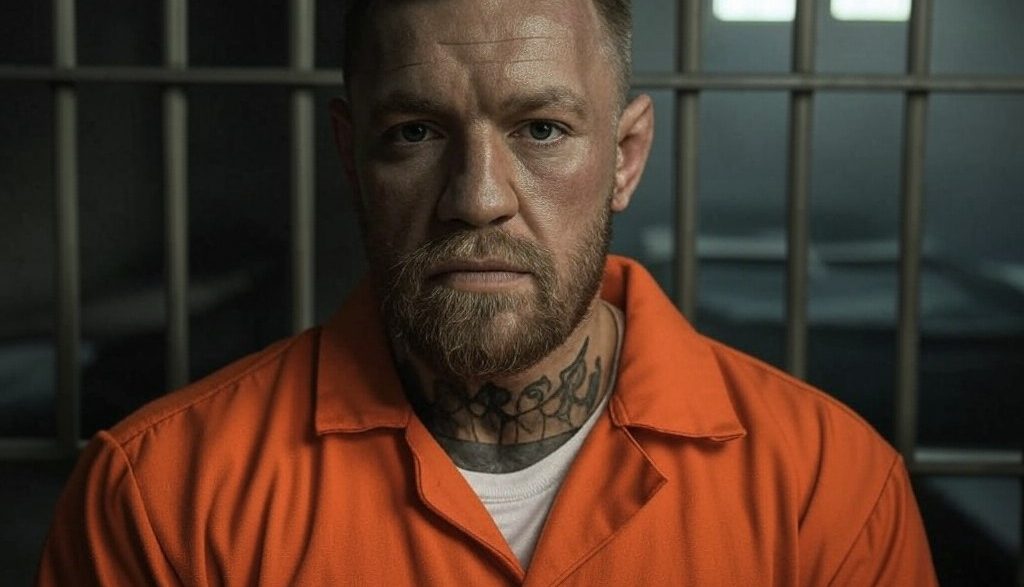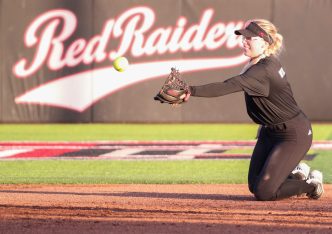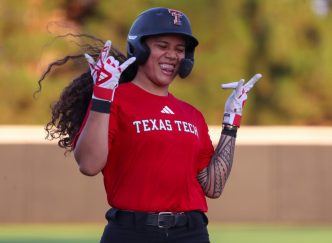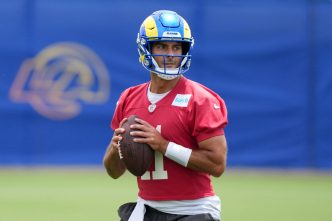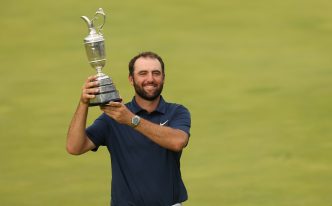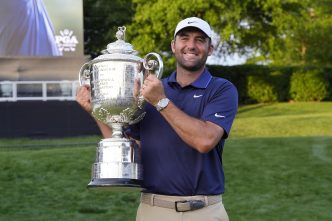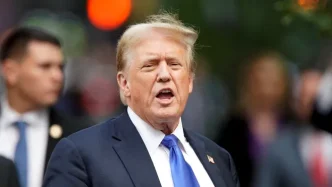Conor McGregor, the notorious Irish fighter whose rise to fame in the UFC seemed unstoppable, has experienced a series of dramatic shifts in both his personal and professional life. The once-unstoppable force in mixed martial arts (MMA), known for his knockout power, brash personality, and massive pay-per-view draws, now finds himself at a crossroads that suggests a return to the UFC is increasingly unlikely. Over the past few years, McGregor’s trajectory has veered away from MMA entirely, and with his recent role as the CEO of Bare Knuckle Fighting Championship (BKFC), it’s clear that McGregor has set his sights on a new horizon—one where a UFC return seems more improbable than ever.
Four-Year Absence from the UFC
Conor McGregor’s last UFC fight was in July 2021, when he suffered a catastrophic leg injury during his trilogy bout with Dustin Poirier at UFC 264. The broken leg required surgery, sidelining McGregor from competition, and since then, he has been absent from the octagon for over four years.
Despite the long layoff, McGregor has continued to stay in the public eye through various business ventures, social media antics, and, more recently, by accepting the position of Owner at Bare Knuckle Fighting Championship (BKFC). While McGregor’s absence could theoretically open the door for a UFC return, his increasing distance from the sport and his focus on new ventures suggest otherwise.
McGregor’s Shift to Bare Knuckle Fighting Championship
In one of the most surprising moves of his career, Conor McGregor was recently announced as an Owner of Bare Knuckle Fighting Championship (BKFC), a promotion that has quickly garnered attention for its brutal, no-gloves combat style. The move to BKFC, a sport that focuses solely on bare-knuckle boxing rather than MMA, marks a sharp pivot from McGregor’s roots in the UFC.
While McGregor’s involvement in BKFC may seem odd, it makes perfect sense given his brand and reputation. McGregor has always been a businessman, and BKFC offers him the opportunity to carve out an entirely new legacy while leveraging his name in a rapidly growing combat sport. As CEO, McGregor has direct influence over the promotion, its direction, and its star power, giving him a fresh platform to create new rivalries, attract fighters, and build his own empire.
Notably, this move to BKFC signifies McGregor’s interest in pursuing an entirely different direction within the combat sports industry. As a fighter, McGregor has always been vocal about his desire to leave his mark on the sport, and with his new role at BKFC, he may feel that he’s accomplished what he set out to do in the UFC. While the UFC has no shortage of big names, the bare-knuckle scene presents McGregor with a chance to create something uniquely his.
Declining Performance and Physical Concerns
Even before taking on the CEO role at BKFC, Conor McGregor’s physical status raised concerns about his ability to make a successful return to the UFC. His loss to Dustin Poirier in 2021, coupled with the horrific leg injury, placed a large question mark over his future as a fighter. McGregor’s inability to recover quickly from his injuries, combined with the wear-and-tear of a storied career, suggests that stepping back into the high-paced world of UFC competition could be physically dangerous at this point.
Additionally, McGregor’s age—he’s now 35—means that his window for competing at the highest levels of MMA is narrowing. The UFC is a young man’s game, and as McGregor edges further away from his peak, it’s unlikely he’ll want to risk his reputation and legacy by stepping back into the octagon with fighters like Islam Makhachev, Charles Oliveira, or other rising stars. Even if McGregor could heal from his injuries, the sport has moved on without him, and a comeback at this stage may not be as lucrative or successful as many would expect.
The Business of McGregor
Conor McGregor’s business acumen has always been a significant part of his persona, but in recent years, his ventures outside the octagon have become more lucrative and prominent than his fight career. McGregor’s whiskey brand, Proper No. Twelve, has become a household name, and his fashion line, August McGregor, continues to grow. Additionally, McGregor has successfully turned his personal brand into a global empire that doesn’t rely on fighting for sustenance.
The income McGregor now earns from his business ventures far outweighs what he could make in a UFC fight. His recent role as CEO of BKFC indicates that McGregor is investing more time into expanding his brand and building a combat sports empire that doesn’t require him to step into the octagon. Given that he’s already amassed a fortune and continues to diversify his investments, the financial incentive to fight again in the UFC is minimal. Why return to the octagon for a multi-million-dollar payday when you can earn more by running an entire promotion?
The Changing Landscape of the UFC
The UFC has evolved significantly since McGregor’s heyday. What once was a promotion that relied heavily on a few big-name stars like McGregor, Ronda Rousey, and Georges St-Pierre has transitioned into a more corporate, business-focused entity. The UFC is no longer about building a fight around a single name—it’s about promoting a diverse roster of fighters, expanding the global market, and delivering consistent pay-per-view events.
While McGregor’s name still carries weight, the UFC has shifted its focus toward younger, more active fighters like Islam Makhachev, Khamzat Chimaev, and others who are constantly in the headlines. McGregor, who once captivated the MMA world with his trash-talking and knockout power, now appears more as a novelty than a serious contender. The UFC may have moved on from him, focusing instead on cultivating the next generation of stars who are dedicated to the sport, rather than someone whose interests have become increasingly scattered.

